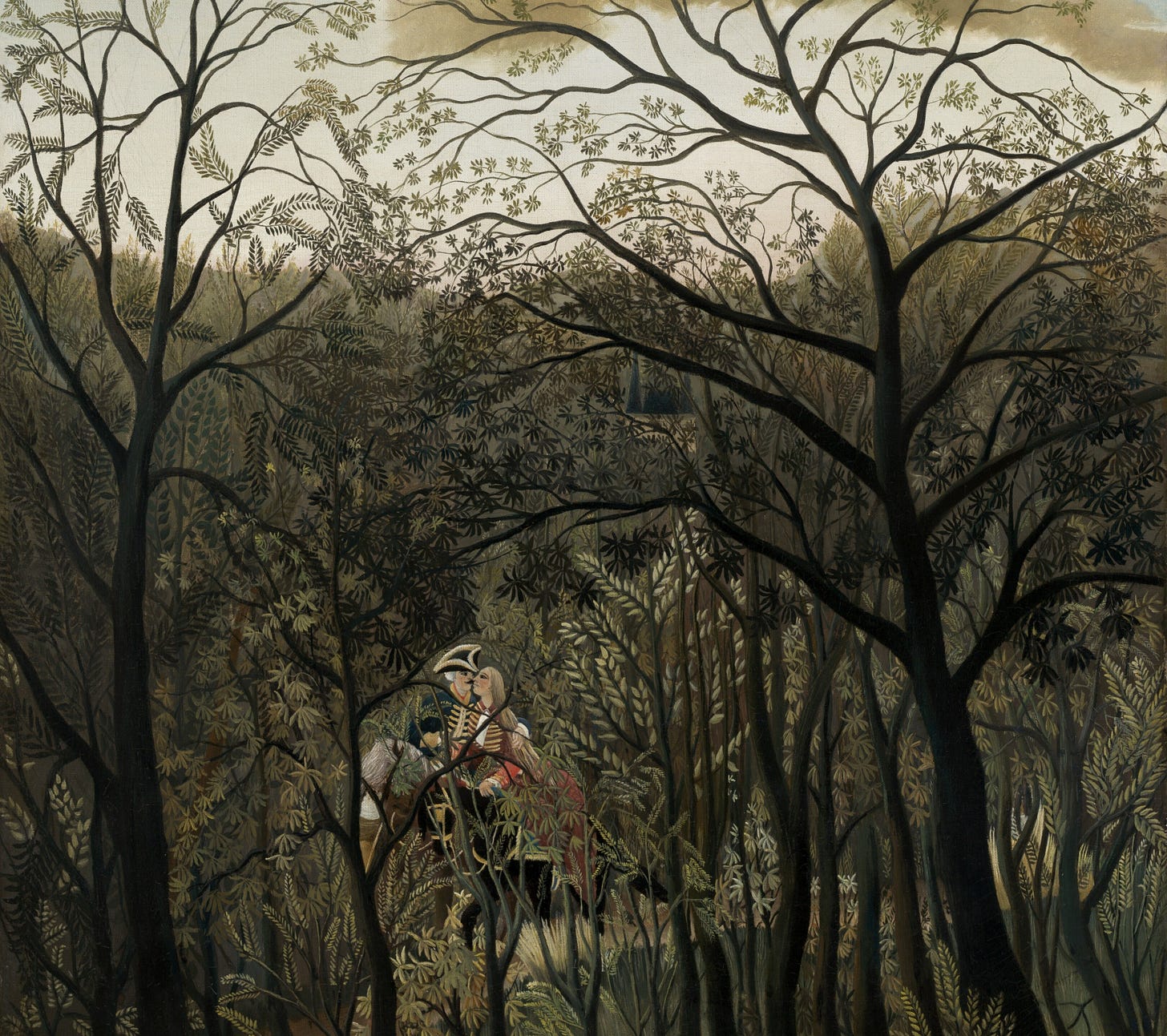Jean Paul Richter on Love and Friendship
A short excerpt from The Senior in Jubilee
After having put down the project for a few weeks, I’m back to translating Jean Paul’s idyllic novel The Senior in Jubilee (1797). For more about the book, see a previous newsletter about its preface and first chapter. Senior continues in J.P.’s usual digressive, essayistic style, alternating between an account of a village wedding and “Encyclical Letters”, in which the narrator, none other than J.P. himself, comments on the narrative as he is writing it. The love between the youthful protagonists Althea and Ingenuin gives J.P. the opportunity to digress—he never turns down an opportunity to digress—on the nature of love and friendship more generally:
In all cities and correspondences, I find complaint about encroaching selfishness, this ugly cancer of the breast and heart, this actual aridity of the soul. Often a whole town will complain about the egotism of—the whole town. The complaint itself is a good sign…The complete egotist would be as little offended by another complete egotist as he is by his own ape, who just sits there and broods over his monkey business. – The longing for love is itself love. Among crude and vulgar people, friendship is only a means and a tailwind to advancement, not a goal unto itself and the very breath of life billowed into our chest; but culture, which everywhere seeks to spark the soul with the flint of the body, educates one heart for another and teaches us to respect friendship more than the signs and benefits of friendship. In scholarship, as with virtue and amity, we first love its profits but then grow to love its costs, because they are so dear. The friendship of hard times and hard men foments only profitable deeds; higher friendship desires nothing but its thousand-syllable echo.


